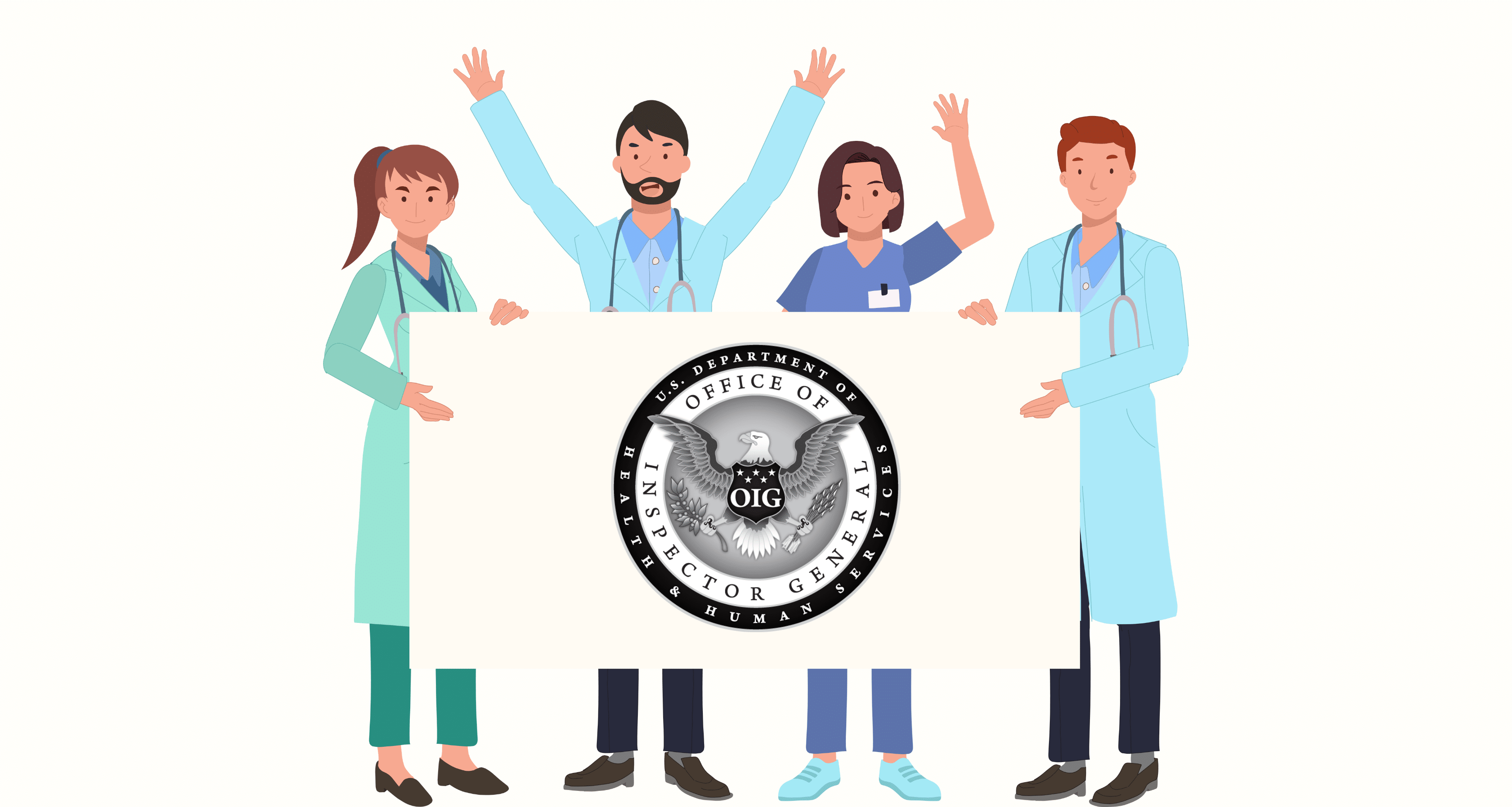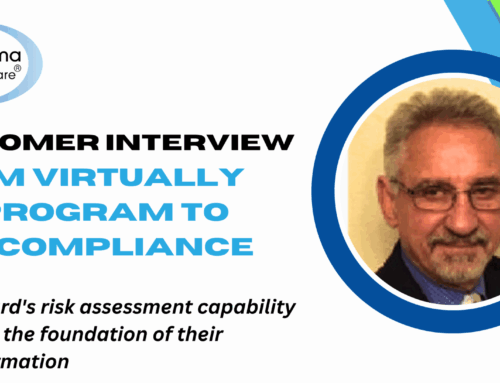
Data privacy is only part of Office of the Inspector General (OIG) compliance. Since the start of the data privacy rule in 2003 alone, there have been at least 350,000 Health Insurance Portability and Accountability Act complaints with 1,188 compliance reviews.
The purpose of the OIG is to ensure that practices comply with federal regulations. Having a designated compliance program reduces the chance of compliance violations and the reputational and financial issues that often result from these incidents.
While the OIG develops resources tailored to certain physicians to simplify compliance, the number of noncompliance incidents isn’t necessarily decreasing. More practice managers are ensuring they have an updated OIG compliance program to avoid the high cost of noncompliance when it can be avoided.
Keep reading to learn why this type of program is needed to bridge the gap between your practice’s success and potential reputational damage.
The Missteps That Occur When You Have No OIG Compliance Program
Without an OIG compliance program, physicians and their practices are instantly more vulnerable to missteps that can have severe operational and financial consequences. A compliance violation could result in something as serious as being placed on the OIG exclusion list. Being placed on this list means that an individual or entity has committed fraud or harmed a patient(s).
This exclusion also requires a minimum wait of at least five years. This means your practice could face prolonged damages. Prioritizing an OIG compliance program for physicians is one of the primary ways to prevent this type of issue.
Consider some key risks and errors that can occur if you don’t prioritize OIG compliance as a practice owner.
Increased Risk of Fraud and Abuse
With a compliance program, more safeguards are in place to prevent fraudulent activities. According to the FBI, fraud in the healthcare space alone accounts for 3-10% of health expenditures. Without this type of tailored program, you could experience unintentional or intentional billing errors, incidents of upcoding and unbundling, and other forms of preventable fraud. Aside from significant financial penalties, legal action taken against a provider or a practice is also possible.
Regulatory Violations
Navigating healthcare regulation upkeep without a structured compliance program can lead to a variety of regulatory violations. While these compliance programs are voluntary, they are essential. They help to make self-regulation for physicians simpler.
Financial Instability
For example, non-compliance with billing and coding regulations can lead to significant revenue losses. These losses can occur from denied claims, penalties, and repayment obligations over time. This financial instability can threaten the practice’s sustainability.
Not only this, but resource allocation becomes more unattainable, and they are often diverted from providing direct patient care.
Reputational Damages
News of regulatory violations, fraud, or patient data breaches can severely damage a practice’s reputation. This loss of trust can lead to patient attrition, difficulty attracting new patients, and challenges in recruiting and retaining staff.
Inefficiencies with Operations
Lack of standardized procedures and policies results in inconsistencies. Inconsistent practices lead to errors, and errors lead to penalties.
Consider that healthcare practices often forfeit billions of dollars due to inefficient practices alone. Operational chaos can cause loss of funds and overall quality inconsistencies.
The Primary Reasons An OIG Compliance Program is Essential
Implementing an OIG compliance program for physicians is essential. It’s an asset that directly contributes to the overall quality and safety of patient care and continued operations. In other words, it streamlines your compliance efforts and reduces administrative burden.
Overall, it’s a proactive form of action to decrease the opportunity for preventable penalties and increase sustainability.
An OIG Compliance Program Isn’t a Skippable Asset
An OIG compliance program is indispensable for physicians. It helps to address critical regulatory compliance and fraud prevention. From care quality to financial integrity, a compliance program with an OIG concentration is how practices are getting ahead of possible noncompliance incidents.
The easier way to ensure OIG compliance is to manage your program in a centralized location. Work with Compliancy Group to simplify your compliance efforts and streamline your current practices.









